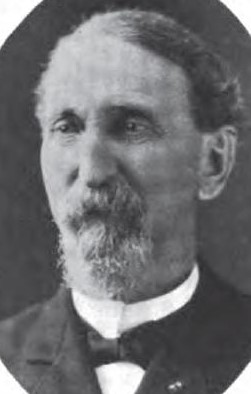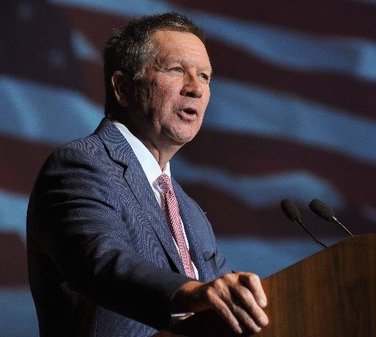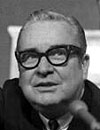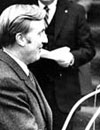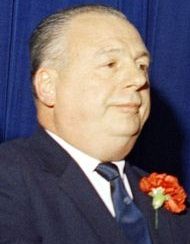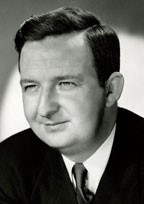This website uses cookies so that we can provide you with the best user experience possible. Cookie information is stored in your browser and performs functions such as recognizing you when you return to our website and helping our team to understand which sections of the website you find most interesting and useful. Please see our privacy policy for more information.
Ohio
Gov. Andrew L. Harris
- January 18, 1906 - January 11, 1909
- Republican
- November 17, 1835
- September 13, 1915
- Ohio
- Miami University
- Married Caroline Conger; one child
- Succeeded
- Army
About
Born in Butler County, Ohio, ANDREW L. HARRIS studied law briefly after graduating from Miami University in 1860. In 1861 he enlisted in the Union Army as a private, rising to the rank of Colonel and Regimental Commander and participating in eighteen Civil War battles, including the Battle of Gettysburg. In 1866, he was brevetted Brigadier General for “gallant and meritorious” service. Harris went on to win admission to the Bar and to establish a law partnership in Eaton, Ohio. He was elected to membership in the state Senate in 1866, to a probate judgeship of Preble County in 1875 and 1878, and to the state legislature again in 1885 and 1887. He was elected Lieutenant Governor to serve under then-Governor William McKinley from 1892 to 1896, and won appointment to the Federal Industrial Commission after McKinley was elected President of the United States. In 1905 he was once again elected Lieutenant Governor, from which he succeeded to the governorship upon the death of Democratic Governor John Pattison. Due to the fact that a 1905 amendment to the Ohio Constitution provided for elections to be held in even numbered years, the Pattison-Harris administration ran for three years. During Harris’s time as governor, the state legislature enacted a pure food and drug law; adopted conservation measures; established a Bureau of Vital Statistics; and barred corporations from contributing money to political candidates. Harris supported passage of the Rose Law, which enabled more than half of Ohio’s counties to go dry. His position displeased liquor forces, which in part led to his defeat by his Democrat opponent in the gubernatorial election of 1908. Harris retired to his farm in Eaton.
Source
Sobel, Robert, and John Raimo, eds. Biographical Directory of the Governors of the United States, 1789-1978, Vol. 3. Westport, CT: Meckler Books, 1978. 4 vols.
The National Cyclopaedia of American Biography, Vol. 14. New York: James T. White & Company.

